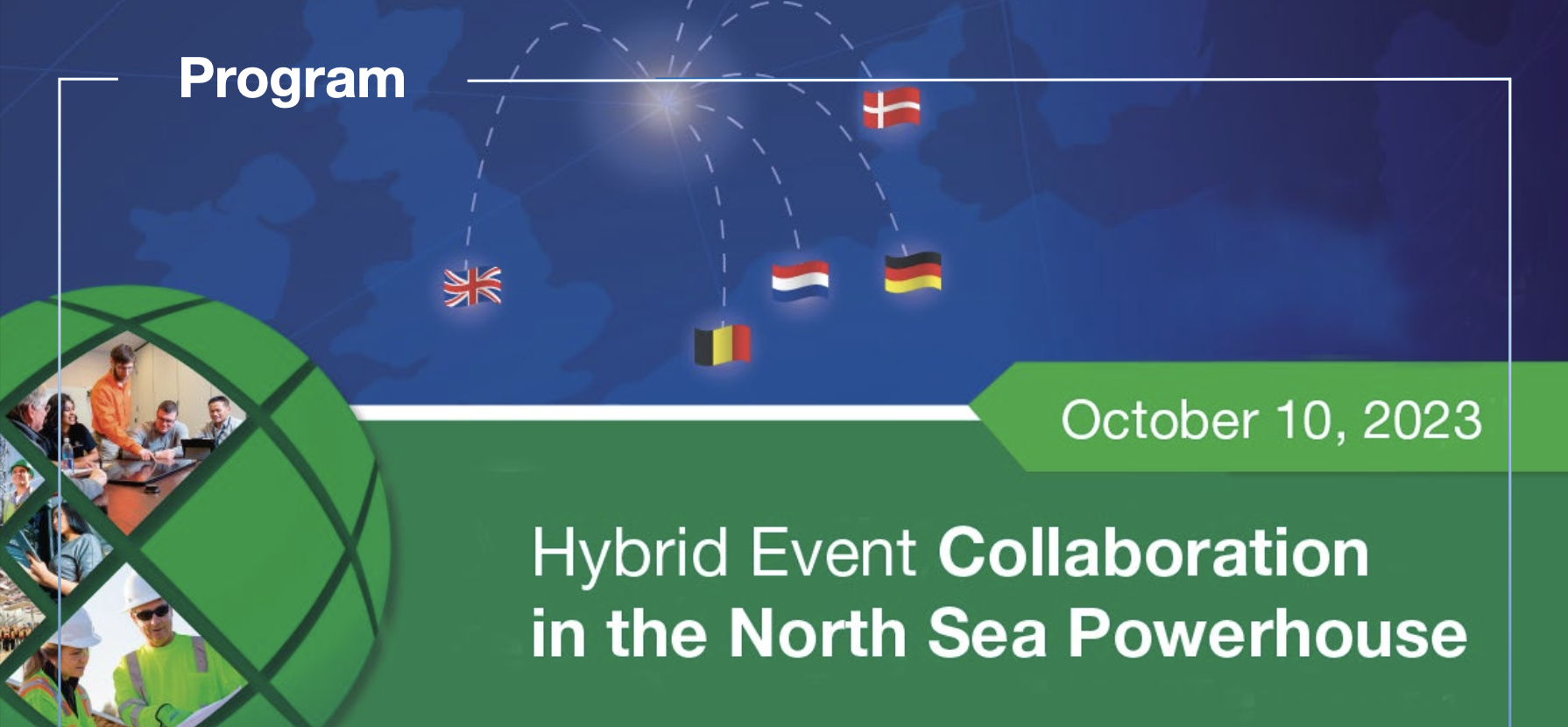
About this Event
With the signing of the Esjberg declaration in May 2022 by Belgium, Denmark, Germany and the Netherlands collabo- ration in the North Sea has become reality. A joint target has been set to deliver at least 65 GW offshore wind power by 2030 and to increase capacity to at least 150 GW by 2050. With this great ambition they will be able to deliver half of the green offshore wind power required by the EU in 2050 in order to reach the objective of climate neutrality.
Offshore Wind from the North Sea becomes increasingly important in the future generation mix of the Energy Transition for central and northwest Europe. There are several advantages of Offshore Wind from the North
Sea such as the much higher yield due to more constant production or higher full load hours compared with onshore wind generation. New offshore networks provide potential connections to multiple electricity markets of the North Sea coastal countries. Will this be sufficient to grant in future the same level of Energy Security as we enjoy today with still high content of fossil generation, in the context of the EU targets to decarbonise the electricity sector?
In a series of three Cigre events in North Sea coastal countries we take a closer look at the North Sea as future Powerhouse for Europe. In this last event we will focus on the contribution and challenges of Energy Security. Can the significant higher yield and potential international multi-terminal connection ensure same level of resilience in security of supply as today?
We are looking forward on October 10th 2023 to an interesting program on this topic with six experienced speakers. Join us either in person at Stuttgart or online.
For details of the Program, Registration & Participation, Virtual Participation, Venue, Hotel Information & Booking and Contact details click on the link below for the flyer. Otherwise, to simply register for online participation click on the button below.
CIGRE_Collaboration North Sea Powerhouse_Energy Security Flyer
